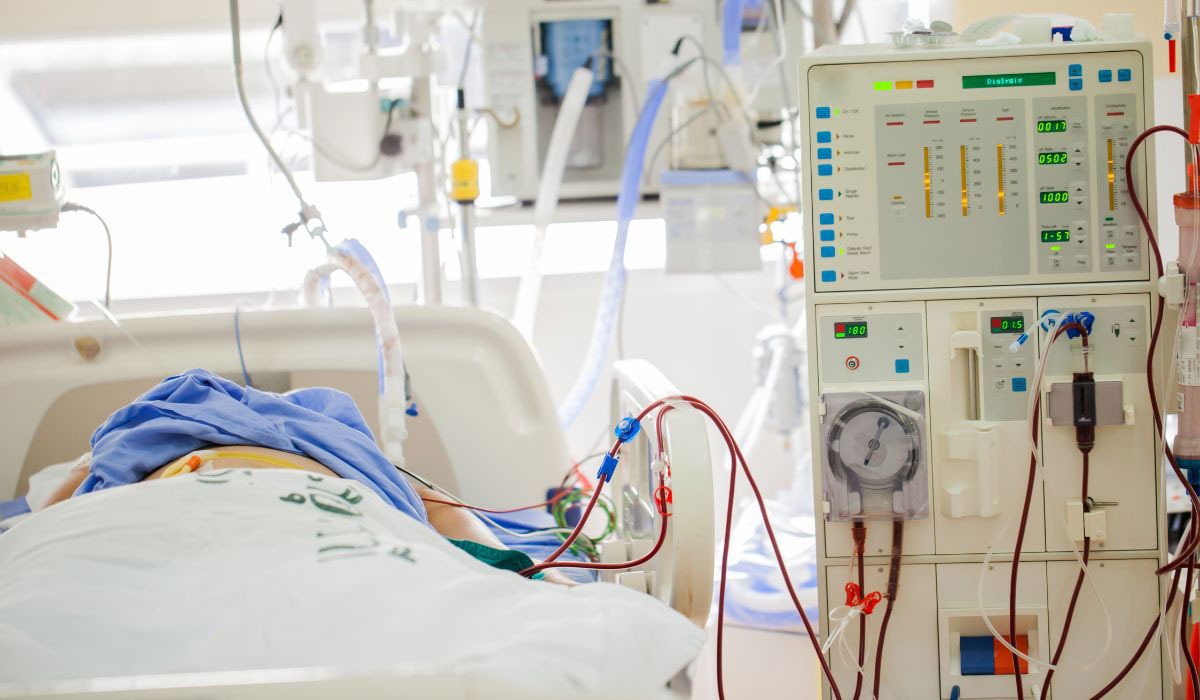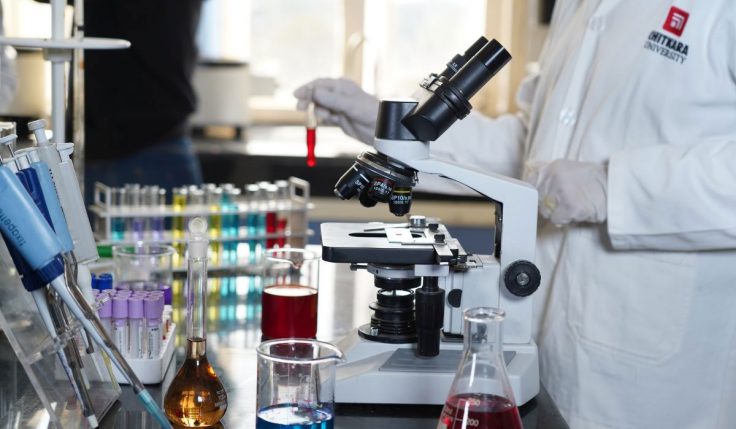There has been a rise in chronic kidney diseases worldwide because of common factors such as diabetes, hypertension, ageing populations, and other chronic conditions. Dialysis technology is important for managing advanced stages of chronic kidney diseases and improving the patient’s life by extending survival.
Dialysis therapy is a life-saving treatment for individuals suffering from end-stage renal diseases in which the kidneys lose all functions. Without dialysis, patients can face life-threatening complications that come with the accumulation of waste products and other excess fluids in the bloodstream.
In modern healthcare, the role of dialysis therapy technology has been increasing widely. It is extensively used in the management of renal diseases and chronic kidney failure. Let’s understand the role of dialysis therapy technology in modern healthcare.
What is Dialysis Therapy Technology?
Dialysis therapy technology refers to medical equipment, devices, and various processes used in dialysis treatment for managing the vital functions of kidneys with end-stage renal diseases. Dialysis is a life-saving treatment that helps replace important functions of the kidneys when they can no longer filter waste products and excess fluids from the blood.
The goal of dialysis therapy is to remove waste products, toxins, and excess fluids from the bloodstream that the kidneys can no longer effectively eliminate. In the past few years, the growth of dialysis therapy technology has been remarkable, driven by advancements in medical science, engineering, and a better understanding of kidney diseases.
Importance of Dialysis Therapy Technology in Patient Care
Dialysis therapy technology is an important component of modern healthcare as it offers life-sustaining support for individuals. With medical technology advancements, this technology is further expected to enhance the effectiveness and accessibility of dialysis while improving the lives of patients who suffer from kidney failure.
The role of dialysis therapy technology in modern healthcare is mentioned below.
Waste Removal: The fundamental purpose of dialysis treatment is to remove waste products, toxic waste, and all excess fluids from the bloodstream that the kidney cannot eliminate on its own. Commonly, the dialysis machine uses specialised filters and dialysate solutions to facilitate the process by purifying the blood of patients.
Electrolyte Balance: The kidney is important for maintaining electrolyte levels in the human body. Dialysis does the job of restoring electrolytes and preventing life-threatening imbalances that can otherwise arise in kidney failure.
Fluid Balance: People who have kidney failure often have difficulties maintaining a good fluid balance. Dialysis helps manage fluid levels, preventing fluid overload and common complications such as Pulmonary Edema or heart failure.
Dialysis Modalities: There are two kinds of dialysis including hemodialysis and peritoneal dialysis. Hemodialysis involves filtering blood externally by a dialysis machine, and peritoneal dialysis involves using the lining of the abdominal cavity as a natural filter. The scientific advances in both of these modalities have led to better efficiency, portability, and patient comfort.
Regulating Blood Pressure: Kidney diseases can often lead to hypertension, and dialysis treatment can help control blood pressure by removing excess fluids and also managing a streamlined fluid balance.
Vascular Access Technology: Dialysis treatment often requires consistent access to the patient’s bloodstream. This technology has developed and led to the creation of arteriovenous fistulas, grafts, and catheters that improve the safety and longevity of access to dialysis treatment.
Remote Monitoring and Telemedicine: Modern dialysis technology helps in the remote monitoring of patients’ vital signs and treatment. It helps healthcare providers track patient progress, find potential problems early, and offer telemedicine consultations by reducing the need for frequent hospital visits.
Decreased Infections: The development of dialysis technology has helped in the reduction of infections associated with the treatment, which can further develop patient safety.
Future of Dialysis Therapy Technology
With ongoing research and innovation, the future of dialysis therapy technology looks bright as it is aimed at addressing the present challenges and improving patient outcomes. Potential developments in this technology can largely shape the future of kidney treatment.
The future of dialysis therapy technology will likely involve a multidisciplinary approach combining medical expertise, data science, engineering, and patient-centric research to improve the lives of individuals with kidney failure and healthcare as a whole.
Read this blog post: Why Pursuing a B.Sc. in Dialysis Therapy is a Smart Career Choice
Why Study B.Sc Dialysis Therapy Technology?
B.Sc in Dialysis Therapy Technology is a four-year study program that educates students to become certified dialysis technicians who work in hospitals to give specialised treatments to renal failure patients. Dialysis is a life-evolving therapy system for patients who are waiting for a kidney transplant.
Dialysis technicians also play an important role in removing the suffering of patients and assisting them with better life quality by working closely with Nephrologists to provide Dialysis and other treatments, including machine maintenance and complication management.
ChitkaraSchool of Health Sciences offers a B.Sc in Dialysis Therapy Technology, a hands-on program focused on teaching students’ dialysis treatment. Students are taught how to manage patients during dialysis procedures and take necessary steps before, during, and after treatments. The program includes detailed clinical and theoretical training aspects along with real-world settings.
The rise of Dialysis Therapy technology has led to improved patient outcomes, improved life quality, and increased accessibility to life-saving treatments. With the growth of this technology, it is expected that dialysis therapy will become more effective, patient-centric, and efficient.
For those passionate about positively impacting modern healthcare, enrolling in the B.Sc.in Dialysis Therapy Technology program at Chitkara University is a promising pathway to forging a successful and fulfilling career. This well-designed study program equips students with the necessary knowledge and skills to make a real difference in the healthcare sector. With a strong academic foundation and hands-on training, graduates are well-prepared to contribute meaningfully to the field and embark on a rewarding journey in healthcare.






